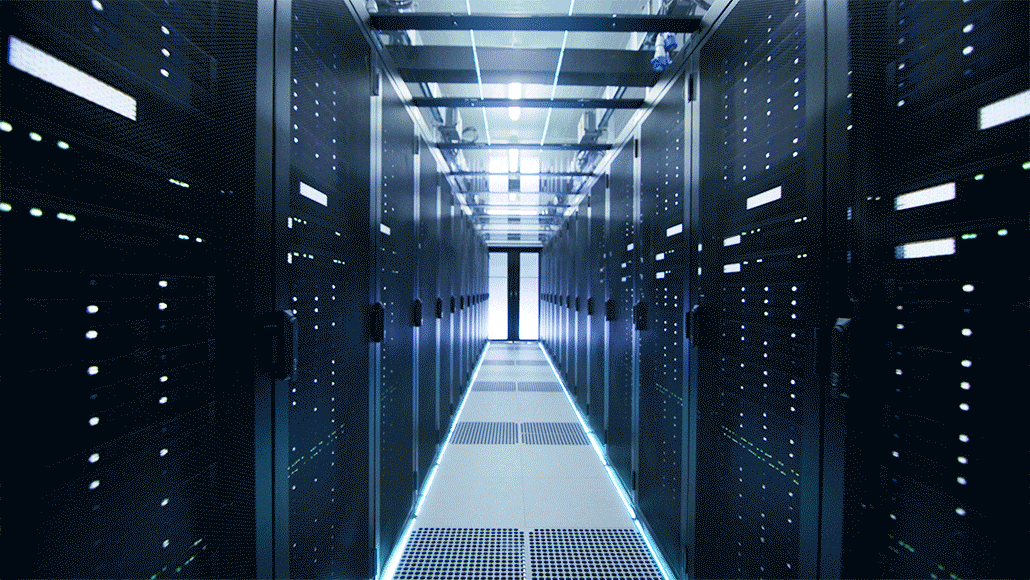Earth and Human Activity
-
 Plants
PlantsThis urban gardener is mimicking nature to create healthier plants
Urban garden specialist Kwesi Joseph is experimenting with rock dust and plants. He also helps New York City community and school gardens with gardening problems.
-
 Environment
EnvironmentScientists Say: Carbon capture
Carbon capture technology tackles climate change by stomping out carbon dioxide at the source.
-
 Environment
EnvironmentBottled water hosts many thousands of nano-sized plastic bits
The finding emerges from tests of a new tool that identified smaller-than-ever tiny plastic bits in three brands of bottled water.
By Laura Allen -
 Oceans
OceansAnalyze This: Climate change may worsen the spread of ocean noise
Some parts of the ocean may become five times as loud in the future.
-
 Artificial Intelligence
Artificial IntelligenceTo ‘green’ AI, scientists are making it less resource-hungry
Energy demands of ChatGPT and similar AI tools can threaten Earth’s climate. So researchers have begun redesigning how to run data centers and build AI.
-
 Climate
ClimateWarmer seas trigger skyrocketing ice loss in 3 Antarctic glaciers
Destabilized by waves and vanishing sea ice, one of the glaciers lost 25 kilometers (15.5 miles) of ice in 16 months — a possible hint of worse to come.
By Douglas Fox -
 Tech
TechBalsa wood transistors could usher in ‘greener’ electronics
Researchers in Sweden coaxed wood to conduct electricity, then used it to make a climate-friendlier building block of electronics.
-
 Chemistry
ChemistryPollution power? A new device turns carbon dioxide into fuel
Scientists made a device that converts the greenhouse gas into formate. This salt can then run a fuel cell to make electricity.
By Laura Allen -
 Tech
TechOffshore wind farms could do far more than just make clean power
Offshore wind farms cost more than onshore ones. But their ability to make ‘green’ hydrogen and capture carbon dioxide could help this wind power pay off.
-
 Life
LifeHas the Endangered Species Act saved species from extinction?
After 50 years, this landmark law has kept many species alive — but few wild populations have recovered enough to come off the “endangered” list.
-
 Environment
EnvironmentNew ultrathin materials can pull climate-warming CO2 from the air
To slow global warming, we’ll need help from CO2-trapping materials. Enter MXenes. They’re strong and reactive — and they love to eat up CO2.
By Shi En Kim -
 Oceans
OceansShading corals during midday heat can limit bleaching
Shading coral reefs during the sunniest part of the day may help corals survive marine heat waves.